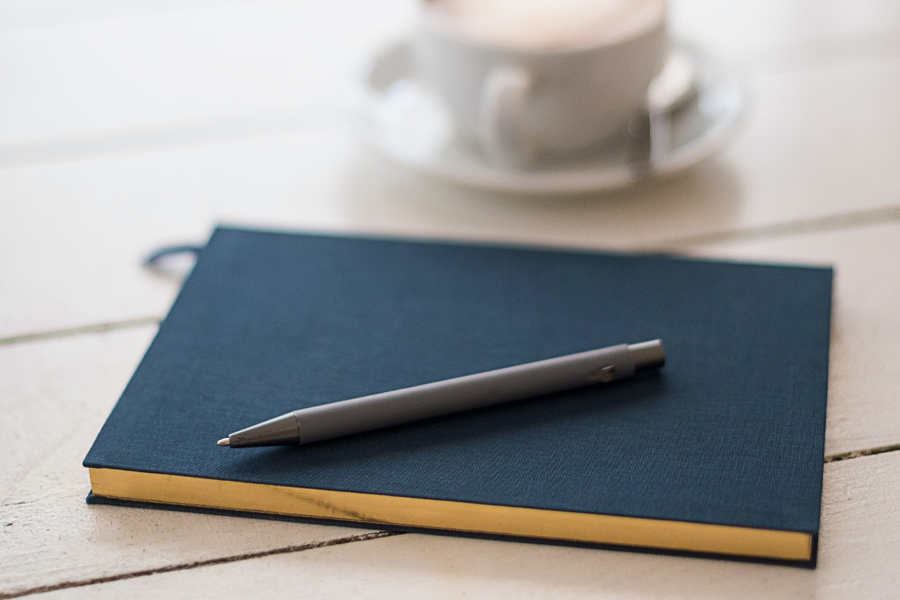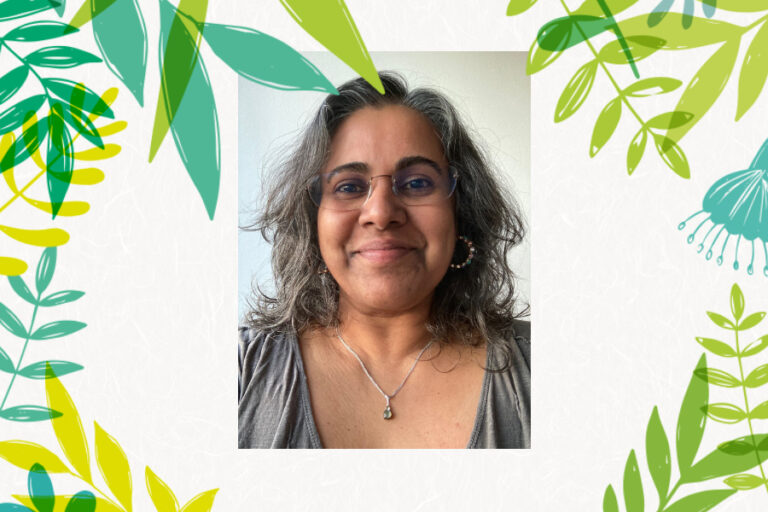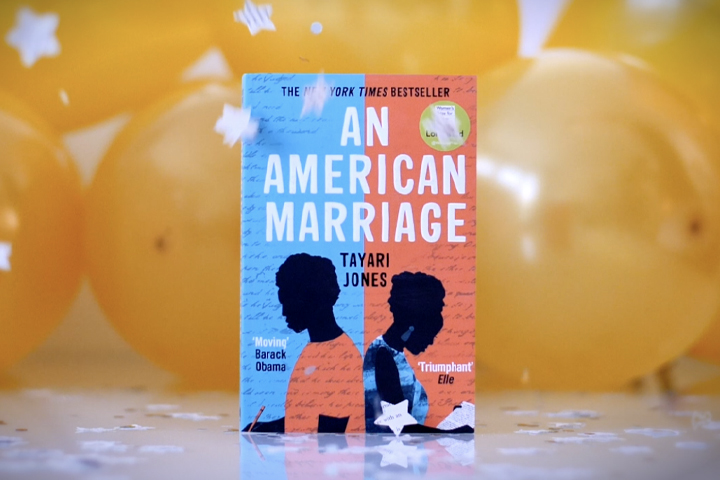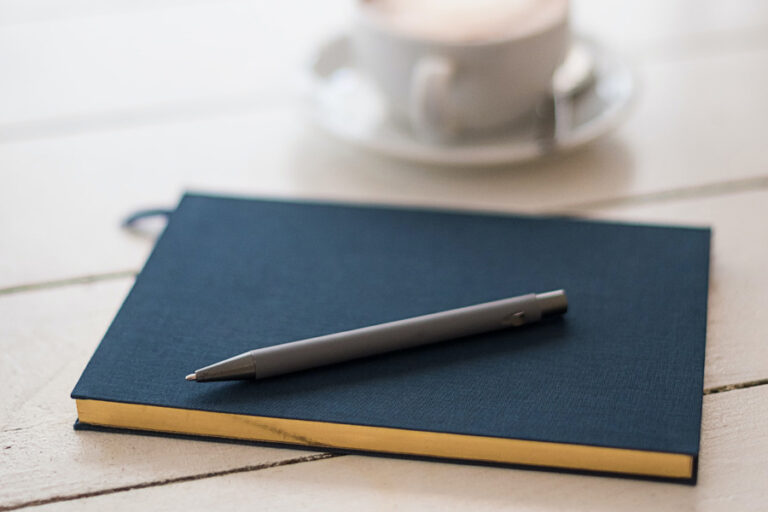We asked shortlisted writer Niamh Ní Mhaoileoin to share her experiences as a shortlisted writer on the Discoveries programme. As part of the prize package, longlisted and shortlisted writers are invited to take part in a bespoke summer Curtis Brown Creative course, featuring 1-2-1 mentorship with celebrated author Charlotte Mendelson.
Niamh tells us about how this experience helped her to trust her voice – and most of all face the big, scary questions that would unlock the rest of her novel-in-progress.
After being shortlisted for Discoveries 2022 – a wonderful surprise and huge honour – I thought often of Anne Lamott’s warning that “creative successes are something you have to recover from.” In other words, no matter how great the writing triumph, sooner or later you’ll find yourself back at your desk, facing a blank page, a shaky draft, or a mountain of edits.
This particularly applies in the case of Discoveries, which asks you to submit just 10,000 words of a novel in progress. In our cohort of 16, only three or four writers already had full drafts. Most of us (myself included) were still tens of thousands of words from a completed draft and so, when the excitement of the announcement died down, we found there was still a long road ahead.
But thankfully, because Discoveries is so focused on supporting and developing writers, we didn’t have to face that road alone. Last July, all sixteen of us were invited to join a two-week writing course with Women’s Prize shortlisted author Charlotte Mendelson, focused on developing our novels-in-progress through online classes and written exercises.
Charlotte is a hugely talented, experienced and successful writer and teacher. In the last six months, I’ve often returned to the section of my notebook that contains her insights on plot and character, and on the kinds of detail that make a novel tick and sing.
But most valuable of all was the short one-to-one tutorial I had with Charlotte, in which we discussed the opening 3,000 words of my novel and a one-page synopsis of the plot. She was enthusiastic, generous with her advice and charmingly invested in my characters. All of which was lovely and very encouraging. But what I appreciated most was how candidly Charlotte identified her doubts about the framing of my novel. She questioned whether a significant aspect of the format I had outlined could end up sapping the reader’s energy and distracting from the main thrust of the novel.
This kind of big, crunchy, structural feedback is hard to come by. Many of us naturally rely on friends and loved ones to act as trusted readers, and it’s an important part of the process. But there are inevitable limits to the criticism they can provide. While your girlfriend certainly wants the novel to be the best it can be, she also fancies you and probably doesn’t want to risk breaking up before teatime. And though your sister may already be planning her outfit for your book launch, she’s also kind and protective, and may prioritise building your confidence over challenging inconsistencies in your prose. In the same way that a therapist can give you a dispassionate, professional opinion on an emotional problem, a writing tutor can potentially deliver the kind of feedback that (with the best will in the world) your nearest and dearest can’t.
That kind of input can be difficult to receive. In the moment, Charlotte’s questions about my framing felt challenging, intimidating even. But in the months since, that conversation has fundamentally changed the way I engage with my story. Her willingness to ask the big provocative question has pushed me to do the same, over and over again as I continue to work on the novel.
What I hope this illustrates is that Discoveries actually is more than a prize. It’s a programme, which has been designed to offer practical support to women writers. Since being shortlisted, I’ve benefited hugely from the expertise of the Discoveries family, from CBC tutors, to the Women’s Prize and Audible teams, to the extraordinary cohort of writers longlisted in 2022.
In the same talk I mentioned earlier, Anne Lamott argues that it’s not publication or prizes that have the power to enrich and heal us, it’s the work of writing itself. And that’s what Discoveries is about. Helping women to trust their voices, hone their stories, and find the courage to send them out into the world. From submitting a year ago through to now, Discoveries has helped me to find new joy, challenge and potential in writing. I’d encourage anyone considering submitting to give it a go.








